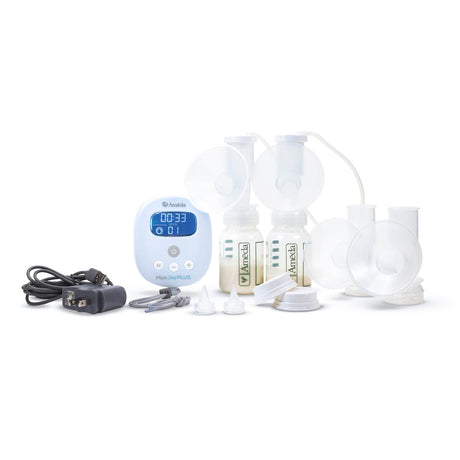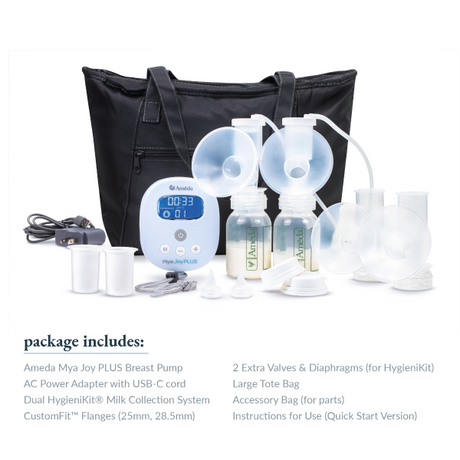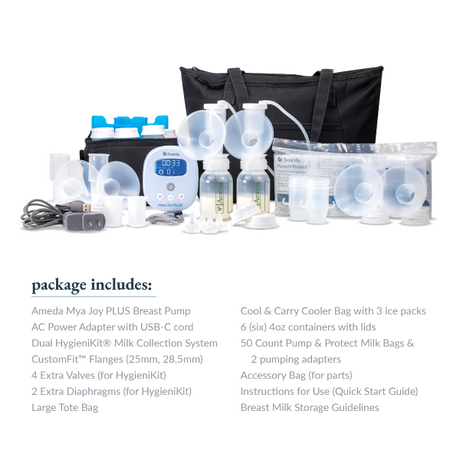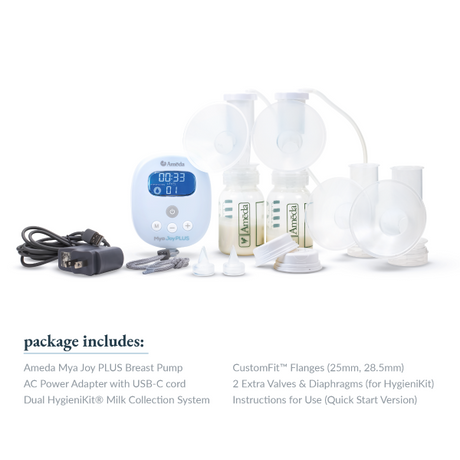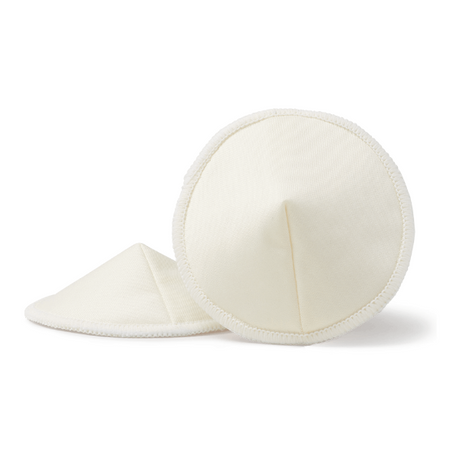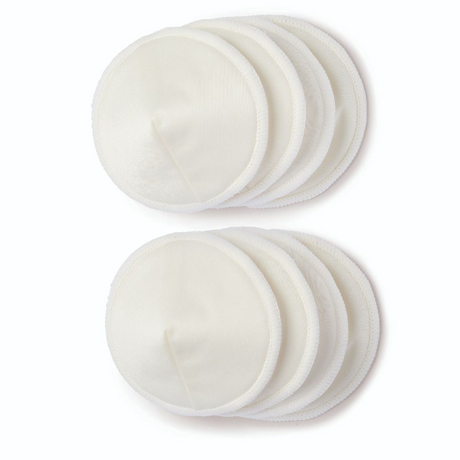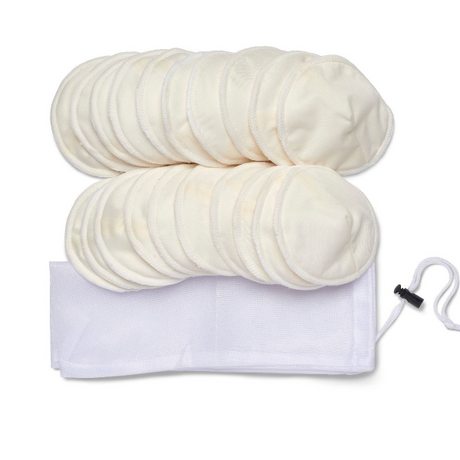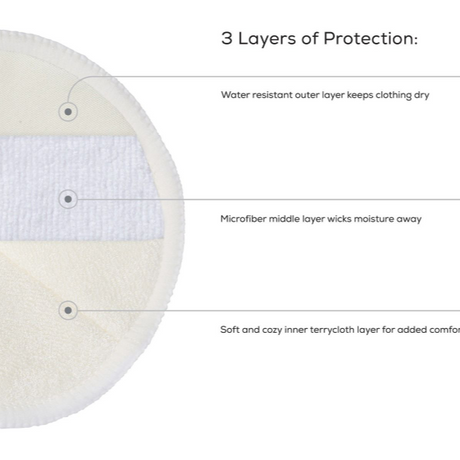Published:
It was her second birth, her second baby and I was privileged to be there to support her through the birthing journey. After a long, hard labor, she had pushed her new son from her body into the world and was finally resting with her tiny, wet, squirmy little human on her chest. Eyes squeezed shut tight, lips and tongue searching, he was looking for comfort and nourishment after his difficult journey.
I told her it looked like he was ready for the breast and now was a good time to initiate breastfeeding. She looked at me, her cheeks rosy from the warmth that comes from exerting immense amounts of effort, and simply blinked. He’s hungry I told her again and she looked from me back to him and in a breathless voice filled with awe at perfection’s cheek against her chest said she had almost forgot how to do it with such a little one.
Just then my own milk let down and my own little one, not even 8 weeks old, began to grunt. For much of the labor, my daughter had been wrapped on my chest while I supported the mother but just before pushing, I had gently transferred her to a simple secure Moses basket on the floor. Just as the new baby was crowning, feeling the familiar tingle, I glanced over to see my daughter lying in her basket, her eyes wide open. Now, some 10 minutes or so later, she was ready to feed.
The new mom nervously giggled, this sounds ridiculous, she said, but how do I feed him? Her first had been severely tongue tied and the breastfeeding journey had been challenging. But in his initial quick exam it didn’t look as though her son was going to have the same difficulty. Still, she was nervous. I went to my daughter and brought her to the bedside and asked if she’d like me to sit with her as I fed my baby too. Relief filled her eyes, yes, that would be lovely she breathed.
And so I crawled into her king size bed in her bedroom just minutes after she had given birth, and while the midwives continued to tend to her, together we got comfortable supported by pillows and latched our babies. Talking in the reverent tones reserved for moments of firsts that you know are special, I showed her how my baby’s lips flared, the position of her nose and chin, how I held my breast like a hamburger, and more until we fell into the comfortable quiet of those with shared experiences and no need to pretend. We would feed our babies like this many times, then on the couch, then at the dining room table, then on the floor, and then toddlers when we would be pregnant again.
There was a time when babies were born into communities where women were surrounded by their community as they emerged in motherhood. The village. In some parts of the world, that is the case still today but for many of us in our western context, even as we may seem to be increasingly connected, when it comes to parenting we may find ourselves more and more alone but more in need of someone to climb onto the bed with us and share the journey.
Feeding a baby may seem like it’s a one-person show but it doesn’t have to be. In fact, after years of supporting birthing families and then in supporting them feeding their babies through The Leaky Boob, I believe that when baby-feeding is a solo act, it easily becomes a struggling act. Our very nature as human beings calls for us to connect with others and to be in community. It may take a village, but we are the village. Isolation during one of the most fundamental and essential acts of growing our community leaves us vulnerable with increased risk of postpartum mood disorders and other challenges that undermine parenting confidence. There are many important aspects of support necessary to help families reach their baby-feeding goals but one of the most essential is community.
According to the 2011 US Surgeon General report and call to action, research shows that one of the primary reasons that parents who intend to breastfeed do not reach their goals is lack of support be it in their social networks, family connections, health care support, or workplace support. In other words, community.
Community takes many forms, manifesting where it is cultivated and cared for. It may be exactly where you expect it or it may surprise you. For generations, community was what you were born into or where you moved but with the rise of the internet and social media, community has evolved to have a broader definition and can be found just about anywhere. It may be drawn together through commonality, experienced through shared passions, felt in shared struggles and triumphs, and can even start with a google search for information. Today community can be found and experienced be in the global town square of social media regardless of where the members are physically located. Not every community is for every individual but thankfully there are a number of communities and most everyone can find a fit for them.
Baby feeding may often be a solo act but it isn’t one that must be done alone. If community can make a difference in parents reaching their goals of breastfeeding their baby then the rise of baby feeding related communities is more than just a social media connection, it is a game changer in building parenting confidence and improving public health. And as a member of that community, you are an important part of making a difference.
Virtual and in-person communities continue to grow and we’re seeing the positive impact this has as breastfeeding rates in the USA improve (see the US Breastfeeding rates from 2007 here and compare with 2014 here). The village is growing and we are in it.
Have you experienced community in your baby feeding journey? Has it made a difference? How are you cultivating the village?


